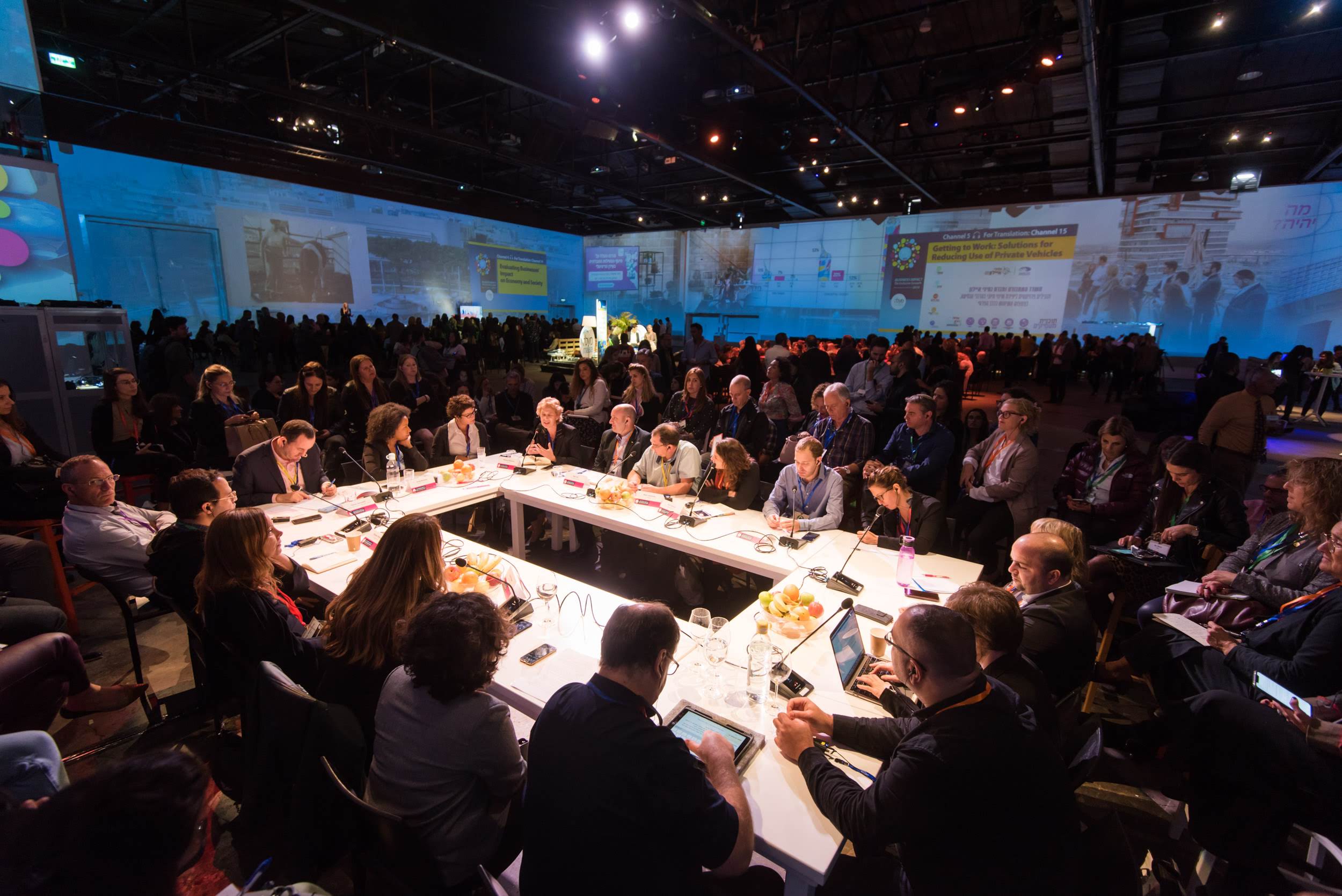With diversity, equity, and inclusion topping the list of many corporate leaders seeking to drive a purposeful workplace, many are asking, “So what’s next? How do we make an even greater impact?”
The conversation has moved from having more varied seats at the table to rebuilding the whole table, ensuring everyone feels welcome, and is part of the conversation. In 2016, Pat Wadors, CTO at ServiceNow and former CHRO of LinkedIn coined the term “belonging”, describing it as the feeling that, as an employee, your authentic self is welcomed and celebrated so you can thrive in the workplace.
In December of 2019, I spoke on the topic of belonging at the Israeli Business Impact on Inclusive Growth conference, organized by Maala, a non-profit corporate membership organization promoting corporate social responsibility in Israel. Founded in 1998, Maala is considered the CSR standards-setting organization in Israel. Presently, the membership organization is comprised of some 110 members, including leading Israeli companies, as well as multinationals with operations in Israel. Maala also annually publishes the ESG Index on the Tel Aviv Stock Exchange. Maala is the Israel Country Partner in CECP’s Global Exchange, dedicated to uniting country-based, mission-driven corporate societal engagement organizations to advance the corporate sector as a force for good around the world.
The business case for a diverse and inclusive company is clear and well-known:
- Companies with more women in the c-suite and on the board of directors translate into a 15% increase in profitability (Peterson Institute for International Economics)
- Companies with more diverse management teams have 19% higher revenues due to innovation (Boston Consulting Group)
- Seventy-four percent of millennials believe their organization is more innovative when it has a culture of inclusion (2018 Deloitte Millennial Survey)
But how does belonging differ and why is it a critical component of good company culture? Belonging is different from diversity and inclusion! Diversity means representation in an organization; inclusion means employees feel welcome and invited to participate. Leading-edge firms are exploring and introducing belonging as a practice to encourage employees to bring their complete self to work and provide a setting to thrive.
In Israel, the employers are grappling with the question of how to maintain economic growth while ensuring all Israelis are included and feel like they can take part in the economy without needing to assimilate or hide part of their identity. Tel Aviv, where the conference was held, is an extraordinarily diverse city, reflecting much of the rest of the country. However, specific ethnicities and religious groups are at risk of being left out of the workforce because of cultural expectations or traditional work pathways. The Israeli Forum for Employment Diversity, one of the key players in advocating for more inclusive economic growth, is a national coalition of private, public, and nonprofit organizations established in 2010 to promote workforce diversity in the Israeli business community. The Forum provides a dynamic learning environment and develops theoretical and practical tools for corporations seeking effective ways for increasing diversity hiring and inclusion at work.
At the Maala Con(Fair)ence 2019, the panel on belonging brought together a wide-range of companies and practitioners to tell the story of belonging at their own companies. What worked? What didn’t work? What are the practices these companies are implementing to achieve an authentic culture of belonging in their individual workplaces?
How can your company cultivate a culture of belonging? Here are a few tips to get started:
- Foster a team where its members feel psychologically safe – employees are comfortable taking interpersonal risks and demonstrating one’s professional opinions and ideas without fear of backlash or negative repercussions.
- Offer employees an opportunity to realize personal purpose and fulfillment through the workplace.
- Instill a sense of employees being “seen” instead of being tolerated or endured.
- Finally, transparency, consistency, and trust are non-negotiable when it comes to developing and building a culture of belonging. Does everyone understand what is expected of them when it comes celebrating differences?
For more information about belonging, watch this video from 2016 of Pat Wadors talking about the genesis of belonging, what it is, and what it looks like.


